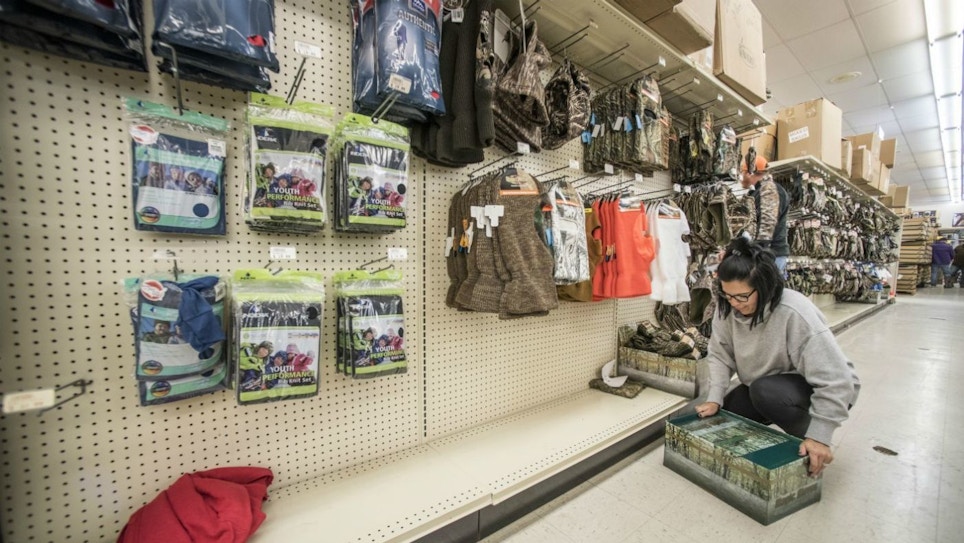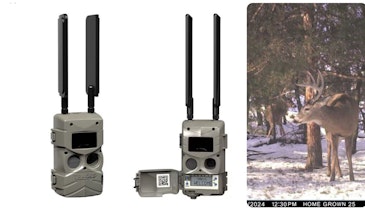Any business operation with more than, say, three full-time employees becomes a hive of daily activity — and, unfortunately, inevitable human conflicts. To keep the machine operating smoothly and assuring that daily, weekly or monthly goals are met and necessary tasks are accomplished efficiently, specific employees are often assigned particular tasks, some based on seniority and/or experience, others based on specific skill sets or simply determined by an individual’s strengths and weaknesses as perceived by an owner or manager.
For instance, when I started at a billboard company as a teen without a driving permit, I was regulated to sweeping floors, emptying trash, unloading vehicles, sorting parts into respective bins and pulling nails from salvageable lumber when crews returned from the field — essentially doing my best to ensure skilled workers weren’t bogged down attending to time-consuming menial labor. The following summer I became a field helper, while still expected to sweep floors and clean up after the guys when necessary.
After earning my driver’s license, I became a painter, was given my own charge account and began working in the field without supervision. During the summer between junior year and high-school graduation, I was put on a building crew and became responsible for ensuring billboards went up and were completed within a specified deadline. Each promotion came with a small bump in pay, and I was no longer required to sweep floors, sort parts or pull nails. Though I was only a teen, seniority had its perks.
During my initial college years, working full-time while also attending night school for two years, I went through a similar progression at a large dealership’s auto-body shop; from trash-can-emptier and workplace sweeper to car washer and detailer to body-technician assistant to post-paint-shop “trimmer” (reinstalling extraneous ornamental parts) and finally quality-control inspector and conducting estimates. I was no longer required to empty trash cans or sweep accumulating Bondo dust and metal filings from service bays. That became someone else’s job — someone with far fewer responsibilities.
That said, there were certainly days well after gaining seniority when I did sweep floors, empty trash cans, pull nails from lumber, unload trucks or wash a rubbing-compound-flecked vehicle, though those tasks certainly weren’t within my job description. When I entered the ranks of manager during my stint in retail sporting goods, I frequently found myself unclogging or cleaning toilets, emptying trash or mopping up messes. These tasks were decidedly out of my job purview. It was simply how I was raised — if you observed something that needed doing, you took responsibility for it, or that chore might very well become permanently yours as an enforced life lesson.
Want to get ahead in your job? Jump on such opportunities with a smile and a "Got it!" response.”
Instilling this general attitude in entry-level employees today can prove a bit more frustrating. When I was working sporting goods retail, each associate was assigned a specific department: footwear, clothing, fishing, camping/backpacking, general hunting, guns/ammo, etc. Each department associate was responsible for their respective area — keeping shelves/racks/pegs filled and well organized according to established SKUs, cleaning up resulting messes (whether customer spills and disrespectful “digging” or restocking effluvia) and so forth. After each promotion, my area of concern was naturally expanded, and I came to loathe all-too-frequent replies to requests occasionally made, usually because my hands were full at the moment.
Let me first set the scene: I might notice a customer had changed their mind about a purchase and dumped two dozen assorted trout spinners into a footwear-department sock bin. Perhaps 15 pocketknife boxes have been emptied onto the display counter and left there. Wet, sand-filled boot tracks might begin to accumulate at the front door after a snowy night. Or, all too often it would seem, someone had clogged the men’s toilet, again. It so happens the footwear girl is busy fitting an entire family with snow boots, or the general hunting associate is out to lunch, or things are just slow at the moment and someone is standing idly (itching to check their text messages). As a low-level manager with a lot on my plate, I casually ask someone to see that those fishing lures find their way back onto the correct pegs, or that the pocketknives are re-boxed and put back beneath the counter to discourage theft, or that someone grab a mop and deal with the wet floor or a plunger to address the plugged toilet. And I am told, “That’s not my job/department!” or “Why do I have to do that?”
As my stepfather, Captain Meitin, used to say regarding the latter response (if I should be so brave), “Because I just told you to!” That’s only a start. There is no better way to infuriate an owner/manager than the “That’s not my job!” retort.
When I became a manager, I made the decision to divvy up toilet/bathroom cleaning duties (a job no one wanted to tackle) on a rotating basis, so everyone received an opportunity to experience that character-building task. Should you pull the “That’s not my job!” bit, you were immediately awarded double bathroom duty and not allowed to clock out until I had done a quick inspection.
As an associate with aspirations of climbing the company ladder, such responses are also duly noted by owners/managers, filed under “bad attitude.” Want a favor when you wish to leave an hour early to catch your kid’s baseball game, or switch days off to entertain visiting relatives, or just catch a break for arriving late after your alarm failed to sound? More importantly, want to get ahead in your job? Jump on such opportunities with a smile and a “Got it!” response.
Better yet, look for opportunities to tackle such tasks before you are even asked. “Sure,” you might say, “no one will even notice.” Maybe not the first time, or the second or third, but get into the habit of being a team player and it will be duly noted who is willing to jump in and take charge of the small things, which translates into the kind of initiative store owners and managers are always on the lookout for when opportunities arise for department transfers or promotions.






